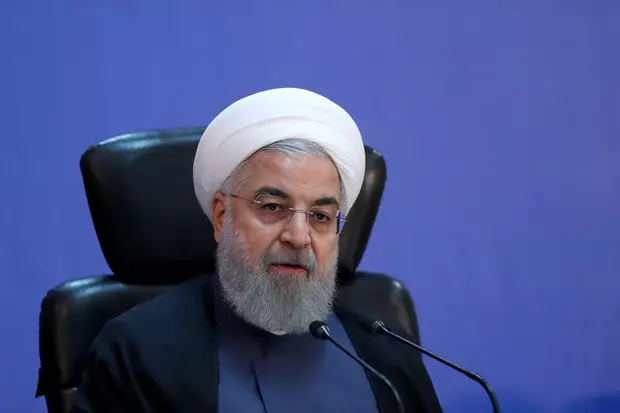Rouhani stresses role of border provinces in expanding trade under sanctions


Iranian President Hassan Rouhani said Wed. that border provinces have a special and lofty responsibility in expanding trade ties with neighbors under the US sanctions regime.
The president made the remark in a cabinet meeting on Wednesday, noting the government’s measures in developing border transactions and expanding border markets in the face of US sanctions.
He said the government has adopted a policy a few days ago aimed at facilitating trade in free trade zones by allowing imports without the need for foreing exchange transfer.
He further called on border provinces to make more efforts to develop border markets and boost trade relations with neighboring countries in a bid to overcome the impact of sanctions.
“Under sanctions, there are economic and outside pressures, but with calculated measures and a sturdy economic structure, no strong quake and shake can affect people’s lives,” said Rouhani.
The president then highlighted the need to protect the country against those plotting against the Iranian nation, and commended relevant officials for their efforts in restoring relative stability in the economic sector in the past few months.
President Rouhani further maintained that the next fiscal year’s budget will focus on production, employment, inflation control, support for low-income strata and the supply of goods required by people.







